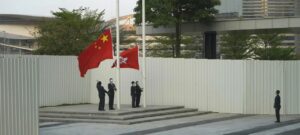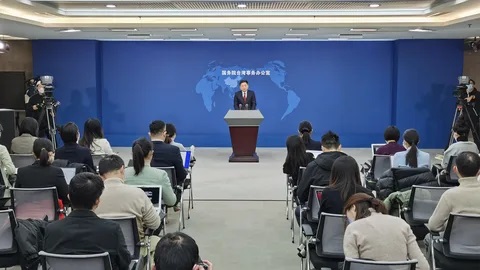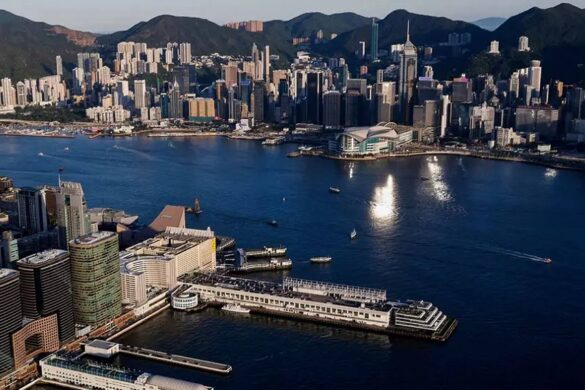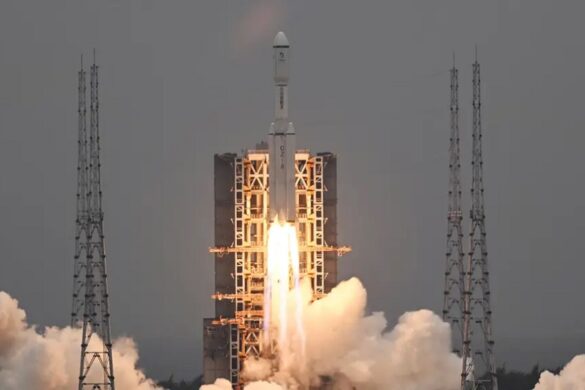
New “Security Law” Comes into Effect
Despite international criticism, the so-called “Security Law” in the financial hub of Hong Kong has become legally effective as of today. This grants authorities additional powers to crack down on critical voices.
Hong Kong’s contentious “Security Law” has come into force overnight, sparking massive international criticism and concerns about eroding freedoms in the Chinese special administrative region.
On Tuesday, Hong Kong’s Legislative Council unanimously passed a corresponding bill. In response to the mass protests for more democracy over four years ago, the “Security Law” in Hong Kong increases penalties and grants the police more authority in certain cases to investigate or detain suspects.
Sharp International Criticism
Internationally, the law has faced sharp criticism. European foreign affairs chief Josep Borrell criticized that it could “further undermine fundamental freedoms and political pluralism.”
British Foreign Minister David Cameron stated that the new law undermines the fulfillment of internationally binding obligations such as the Joint Declaration between the UK and China on the handover of the colony in 1997 and the UN Covenant on Civil and Political Rights. The Chinese government rejected the criticism.
Law Aims to Prevent “Black-Clad Violence and Color Revolutions”
According to Hong Kong’s Chief Executive John Lee, the additional “Security Law” enacted on-site aims to close loopholes in Beijing’s laws. It classifies dozens of new crimes into five categories: treason, sedition, theft of state secrets and espionage, sabotage endangering national security, and foreign interference.
Lee mentioned on Tuesday that the law “will allow Hong Kong to effectively prevent, prohibit, and punish espionage activities, plots, and traps by foreign intelligence services, infiltration, and sabotage by hostile forces.” Additionally, the law will effectively prevent “black-clad violence and color revolutions” – referring to the pro-democracy protests that began in 2019. Lee, who oversaw the protests, faces US sanctions as a security chief.
Since July 1, 1997, the former British colony has belonged to China again and is governed under the principle of “one country, two systems.” This agreement normally guarantees Hong Kong a “high degree of autonomy” and many freedoms until 2047.


